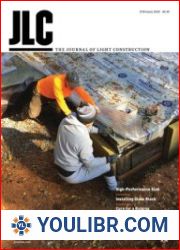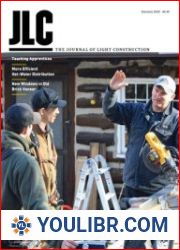
BOOKS - Revenge of the Windigo: The Construction of the Mind and Mental Health of Nor...


US $6.66

489279

489279
Revenge of the Windigo: The Construction of the Mind and Mental Health of North American Aboriginal Peoples (Anthropological Horizons)
Author: James B. Waldram
Year: April 23, 2004
Format: PDF
File size: PDF 24 MB
Language: English
Year: April 23, 2004
Format: PDF
File size: PDF 24 MB
Language: English
What is known about Aboriginal mental health and mental illness, and on what basis is this 'knowing' assumed? This question, while appearing simple, leads to a tangled web of theory, method, and data rife with conceptual problems, shaky assumptions, and inappropriate generalizations. It is also the central question of James Waldram's Revenge of the Windigo . This erudite and highly articulate work is about the knowledge of Aboriginal mental who generates it; how it is generated and communicated; and what has been - and continues to be - its implications for Aboriginal peoples. To better understand how this knowledge emerged, James Waldram undertakes an exhaustive examination of three disciplines - anthropology, psychology, and psychiatry - and reveals how together they have constructed a gravely distorted portrait of 'the Aboriginal.' Waldram continues this acute examination under two general themes. The first focuses on how culture as a concept has been theorized and operationalized in the study of Aboriginal mental health. The second seeks to elucidate the contribution that Aboriginal peoples have inadvertently made to theoretical and methodological developments in the three fields under discussion, primarily as subjects for research and sources of data. It is Waldram's assertion that, despite the enormous amount of research undertaken on Aboriginal peoples, researchers have mostly failed to comprehend the meaning of contemporary Aboriginality for mental health and illness, preferring instead the reflection of their own scientific lens as the only means to properly observe, measure, assess, and treat. Using interdisciplinary methods, the author critically assesses the enormous amount of information that has been generated on Aboriginal mental health, deconstructs it, and through this exercise, provides guidance for a new vein of research.














































